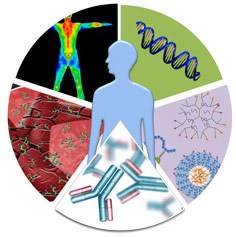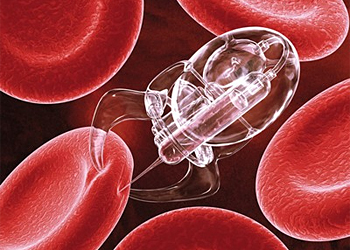
While society at large considers the notion of “human enhancement” generally with human genetic engineering, the term usually refers to the “general applications of the convergence of nanotechnology, biotechnology, information technology and cognitive science to improve human performance” (p., 113). Since the 1990’s there has been growing advocacy particularly in the academic fields, but more importantly the rise of these ideas slowly into the general public. The individuals who work for the Institute for Ethics and Emerging Technologies have become some of the most potent activists for ethical human enhancement.

“Advocacy of the case for human enhancement is increasingly becoming synonymous with ‘transhumanism'(which this blog obviously is in favor of!), an ideology and movement which has emerged to support the recognition and protection of the right of citizens to either maintain or modify their own minds and bodies; so as to guarantee them the freedom of choice and informed consent of using human enhancement technologies on themselves and their children” (p., 113).
Many of the critics of transhumanism, or human enhancement for that matter, identify this with eugenic overtones. This is due to the possibility through the improvement
of human hereditary traits to “attain a universally accepted norm of biological fitness (at the possible expense of human biodiversity and neurodiversity” (p., 113). Some people take this as a negative notion, although there still will be plenty of diversity and neurodiversity. This will continue to occur because there will not be a “standard” by which humans will adapt themselves through enhancement. That’s the beauty of transhumanism= you can enhance and augment yourself anyway you see fit, as long as in the process there is no harm to others, that in itself will entail a variety of bio and neurodiversity. It just happens to be that some of these enhancements seem so alien to us now, that our initial reactions are negative. With this, human enhancement particularly those deemed self-evidently good, such as “fewer diseases” and slowing the aging process are beneficial to everyone.
The most common criticism of human enhancement, is that it will be practiced and used to such an extent, recklessly and selfishly and the movement will not consider the long-term consequences of those enhanced individuals and the rest of society. One example of this is the fear among those whom we called “Bio-Luddites”. They believe that there will be some enhancements which will “create unfair physical or mental advantages to those who can and will use them, or unequal access to such enhancements can and will further the gulf between the ‘haves’ and have-nots” (p., 114). What they fail to understand, that this “gulf” is already occurring, but will slow down with the increase of personalized 3D Printing and personalized, regenerative medicine (via, nanotechnology; one of the converging technologies state above). These technologies are going to converge whether people want this to happen or not.
Further Reading:
Enhancement Technologies Group
Institute for Ethics and Emerging Technologies
Ethics + Emerging Sciences Group (Cal Poly, San Luis Obispo)
Ethics of Human Enhancement: 25 Questions & Answers
Tags: Ethics, Human Enhancement, Transhumanism












